When it comes to protecting our planet, environmental technology is our biggest friend. There’s technology that lets us harness energy from the wind, pull pollutants from our drinking water and travel without using a drop of fossil fuel.
What is environmental technology?
Here are 10 promising types of environmental technologies, and a few of the companies using them to build a better future.
Environmental Technology Types and Examples
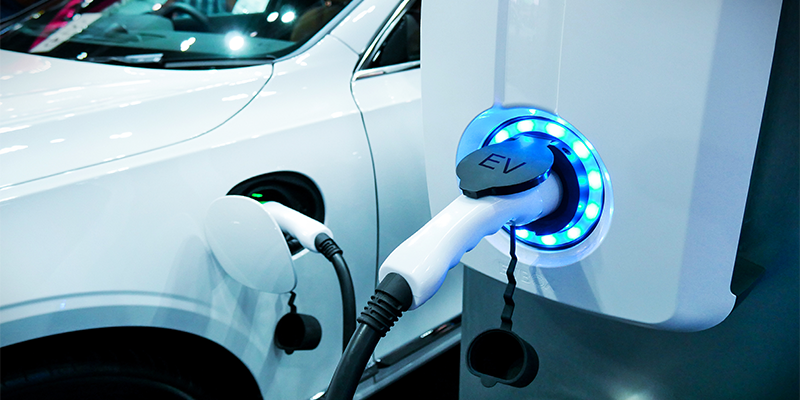
Electric Vehicles
Transportation has a massive carbon footprint. Around 28 percent of all greenhouse gas emissions in the U.S. come from transportation. Vehicles were still the largest single contributor of greenhouse gases even in a year where pandemic restrictions reduced travel. Making a dent in global warming means seeking different ways to power transit, and one of the most significant alternatives is through electric vehicle (EV) technology. Electric vehicles run on rechargeable batteries. Electric vehicles do have their own carbon footprint, but it’s significantly less than that of gasoline-powered vehicles because they generate no tailpipe carbon emissions.
Plenty of startups are working to make electric vehicles more mainstream. Hyliion develops EV batteries capable of powering cars over long distances. Illinois-based company Hyzon Motors specifically designs battery technology for commercial sector vehicles like trucks and buses. San Francisco-based companies Chargepoint and Volta Charging work to build out the infrastructure to support electric vehicle adoption by developing and installing EV charging stations and making charging services affordable or free, according to the companies’ sites.

Solar Power
Absorbed through photovoltaic panels, solar power can be used to power individual homes, towns and even entire cities. Large-scale solar farms with thousands of PV panels exist with the purpose of providing solar energy to communities and cities as a utility. Many of the largest solar farms, like Solar Star and Topaz Solar Farm, operate in locations across the Southwest and West Coast. Homeowners and landlords are also able to install their own panels on rooftops to power their homes. Solar panel installation is an expensive upfront cost, but there are government subsidy programs that act as an incentive for people to transition to renewable solar energy.
In the solar technology space, startups are making solar power more accessible and affordable. Demand IQ, a Denver-based solar company, has a platform where customers can compare rates to figure out the best panels for their budget. Other companies like Sunrun and ADT Solar provide tracking tools with which customers can track their solar power generation and usage, according to their sites. Another solar company, OneEnergy, aims to combine solar solutions with ecology stewardship by installing panels that can double as wildlife habitats.
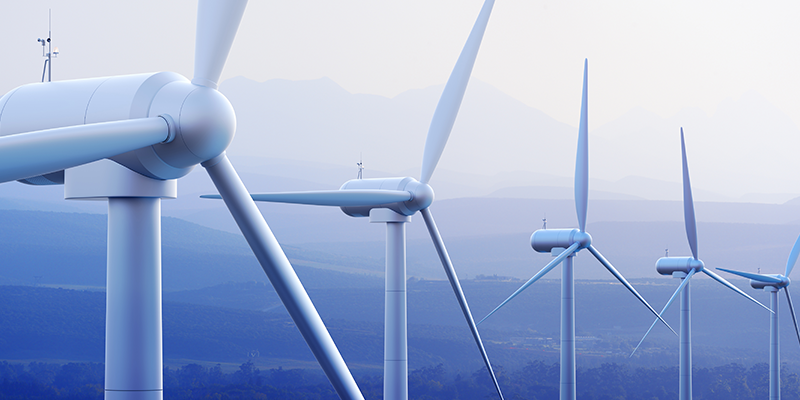
Wind Energy
Wind power accounts for over six percent of electricity worldwide, making it the second most common form of clean energy, according to the Center for Energy and Climate Solutions. Wind energy technology converts the kinetic energy of wind into electricity through large turbines, which can be installed on land or in offshore locations. It does however have some downsides — wind conditions can be unpredictable which makes consistent energy generation challenging.
Across the world, some of the leaders in the wind power space include big names like General Electric, Siemens, and Vestas Wind Systems — but there are plenty of startups working to build wind energy solutions as well. When thinking of wind energy, the first image that may come to mind is of massive windmills, but New World Wind develops alternative, smaller turbine models that fit into urban settings, according to its site. Many companies that provide solar power technology also build wind energy solutions. Santa Monica-based company Inspire and Juno Beach-based company Nextera Energy both provide customers with clean energy options.

Energy Conserving AI
Most of the energy consumed in the U.S. goes to waste — around two-thirds attributed to burning fuels in cars or home appliances, according to UT Austin. Building a more sustainable world means not only coming up with alternative energy methods, but working harder to conserve the energy that we do use. To tackle this issue, AI tools analyze energy consumption and automatically cut back on surplus usage.
On an enterprise scale, New York-based company Prescriptive Data offers smart building solutions that help company leaders make commercial properties more energy-efficient. Its technology analyzes building occupancy and device usage to cut back on excessive energy consumption and help companies cut energy costs, according to its site. Companies like Sealed, 75F and Ekotrope gear their technologies towards homeowners, offering smart thermostat and air purification tools so customers can tailor their home energy consumption.

Food Recycling and Sustainable Farming
The way we grow and consume food could be more sustainable. It’s estimated that over one billion tons of food is wasted globally every year. Agriculture is also a major contributor to carbon emissions worldwide, and consumes nearly 70 percent of the planet’s freshwater supply, according to the World Wildlife Foundation. Optimizing our food production systems is crucial for tackling climate change, and tech companies are pitching in.
Indigo, a Boston-based company, uses microbiology technology to help farmers improve their soil viability, increase their output and reduce their carbon footprint. Prospera Technologies, which is based in Austin, uses data science and machine learning technology to give farmers better insight into crop production cycles, helping them make more strategic and energy-efficient decisions about their yields.
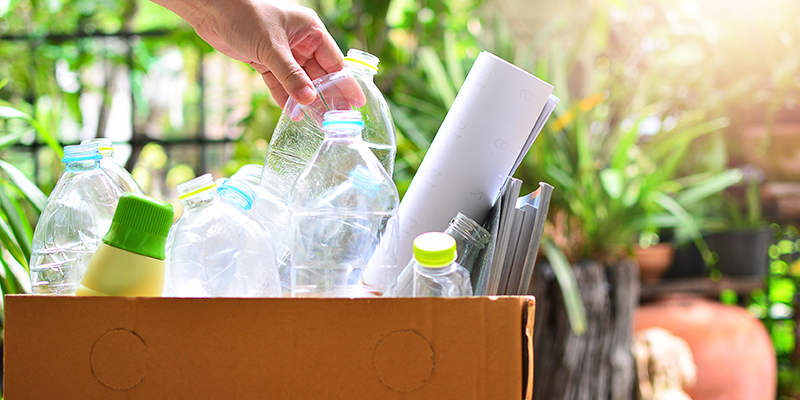
Recycling Tech
To effectively combat global warming, single-use materials need to be phased out. The U.S. population sent around 292 million tons of garbage to landfills in 2018 alone, according to the EPA. Recycling can reduce the usage of natural or non-renewable resources by reusing materials that already exist, which cuts back on the amount of waste produced overall. Many cities and municipalities have subsidized recycling programs, but unfortunately, confusion about which materials are recyclable can contaminate recycling supplies.
While paper products are the most commonly recycled materials, tech companies are looking at ways to recycle other commonly used materials like metals, fibers and electronics. Full Cycle, a San Jose-based company, is developing methods for recycling plastics, which are notorious for taking a long time to degrade. The company uses organic materials and turns them into biodegradable plastic alternatives that don’t sit in landfills for years. Another company, Footprint, seeks to reduce plastic consumption by offering fiber-based plastic alternatives made from recycled materials. EcoATM, a San Diego-based company, takes an innovative approach to electronics recycling by installing kiosks in malls and grocery stores across the country for people to drop off their old phones or tablets.
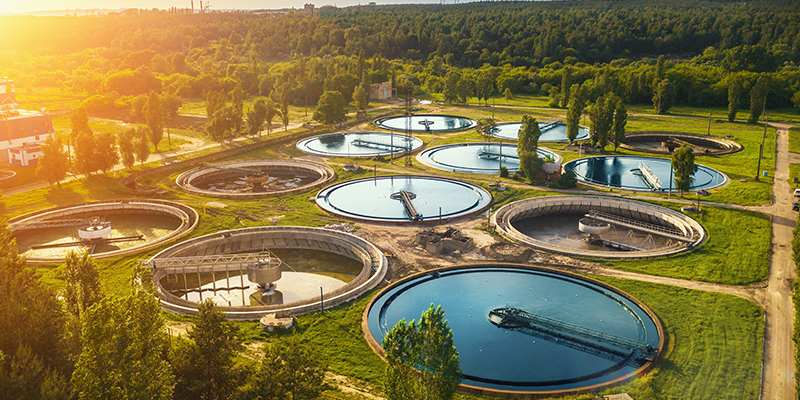
Pollutant Filtration
Clean water and air are crucial to the health of our planet, but both are threatened by industrial pollutants and waste. Though government protections have been put in place to protect these finite resources, it’s estimated that around two million people in the U.S. have no access to clean water. Air pollutants contribute to poor health for people, too, leading to the development of heart disease and cancers.
To restore these resources, some tech companies have started to tackle these problems. Sunday, a company based in Boulder, is working to offset the pollutants created by the lawn care industry by engineering eco-friendly fertilizers and delivering them on demand, according to its website. Badger Meter, based in Milwaukee, designs technologies that can track water quality and usage to help utilities and commercial customers reduce waste. Pittsburgh-based company Evoqua Water Technologies is also focused on protecting water, building wastewater treatment and disinfection technologies to conserve clean water resources, according to its site.
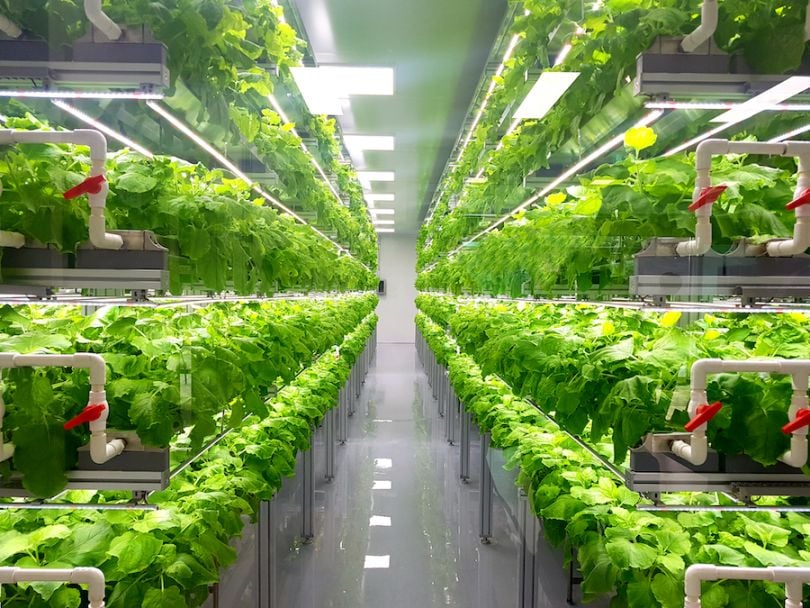
Vertical Farming
Vertical farming has become a sustainable alternative to traditional farming. The practice involves growing crops stacked on top of each other in regulated indoor environments like warehouses, greenhouses and skyscrapers. Companies can then cultivate crops closer to urban populations, sustain crops throughout the year and limit the land area used for farming. For instance, New York-based Bowery Farming develops AI-enabled indoor farming technologies to help farmers grow crops sustainably year-round.
A changing climate has also made vertical farming advances more urgent, with countries like the United Arab Emirates employing this practice to strengthen food security in the face of hot and arid conditions. High energy usage and costs have cast doubt on the viability of vertical farming, but there’s still a belief that the sector can go on to compete in the leafy greens, strawberry and tomato markets.
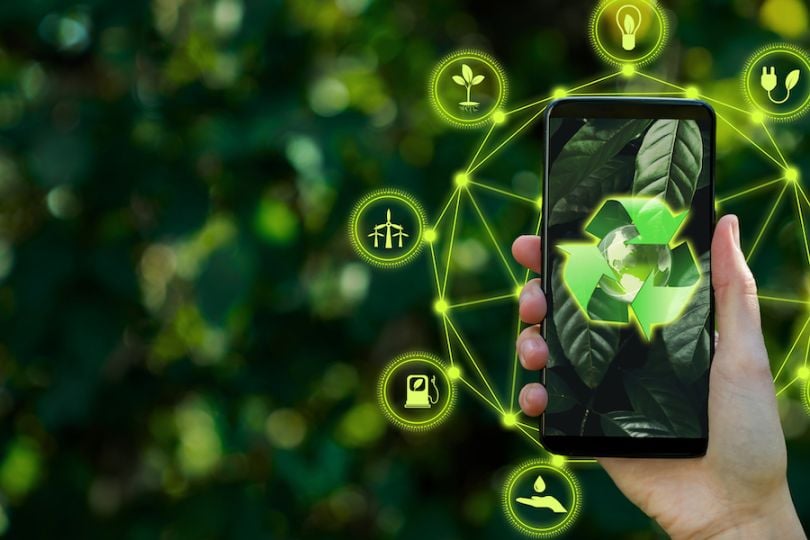
Sustainable Smartphones
Smartphones are a major source of e-waste, and their environmental impact will only worsen as the number of smartphones in the world continues to rise. In response, companies have experimented with ways to incorporate recycled materials into smartphones and lengthen their shelf life. For example, Fairphone creates smartphones with replaceable parts, encouraging users to repair their phones rather than throw them away.
The push to reduce smartphone waste has resulted in policy changes as well. EU regulations aim to make smartphone batteries more easily replaceable and extend the longevity of smartphones overall. While the actual production of smartphones remains a pollution source that needs to be addressed, these legislative developments are a step forward and put pressure on companies to design more sustainable smartphones moving forward.
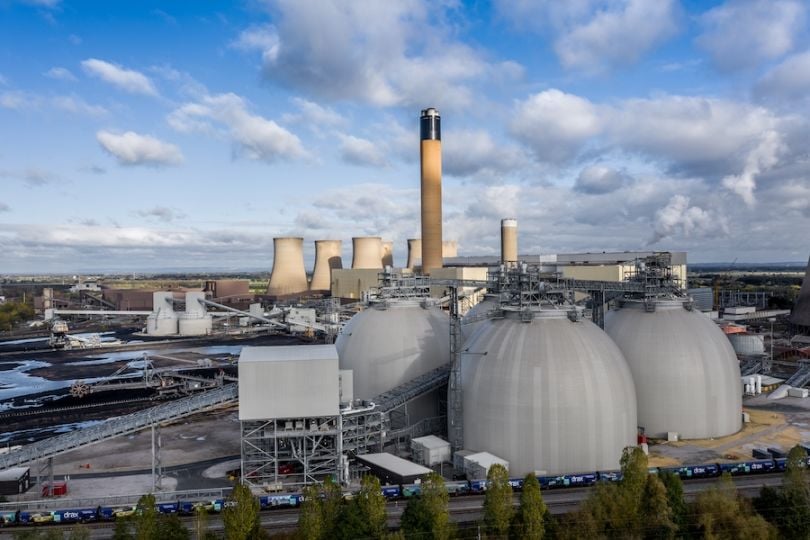
Carbon Capture and Storage Technology
In a 2023 synthesis report, the Intergovernmental Panel on Climate Change confirms the removal of carbon emissions from the atmosphere is needed in addition to reducing carbon emissions “to achieve net negative CO2 emissions.” That’s why companies have begun investing in carbon capture and storage (CCS) technology. CCS technology aims to isolate CO2 from other gases during industrial processes, capturing and compressing it. The CO2 can then be stored underground or transported to other sites for usage.
While this sounds like a promising solution to carbon emissions, the process requires complex systems and remains expensive as a result. There are also fears that CSS technology may distract from efforts to reduce reliance on fossil fuels while enabling fossil fuel executives to continue to fill their pockets. CSS technology may limit carbon emissions in the short term, but it may not be an effective or practical method in the long run.
Frequently Asked Questions
What is environmental technology?
Environmental technology refers to technology designed to help improve the environment by offering sustainable solutions, lessening our energy consumption and reducing waste production.
Can technology solve environmental problems?
While technology alone can’t solve every environmental issue, it can help support solar energy advancements, reinforce recycling initiatives and make AI more energy efficient as we make a collective effort to develop more sustainable ways of living.



